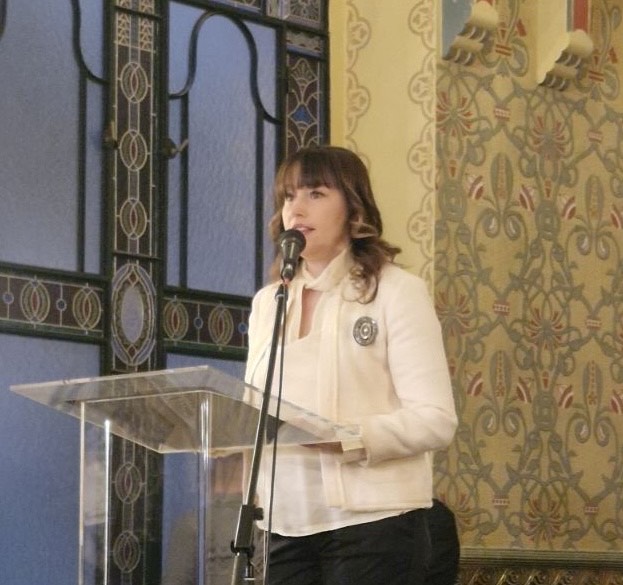
A budapesti Thököliánumban április 3-án Gračanica Budapesten címmel alkalmi ünnepséget tartottak, amelynek keretében megnyílt az Életképek című, Pristina, Prizren, Lipljan és Gračanica városokat bemutató fotókiállítás. A kiállítás érdekessége, hogy anyaga a 20. század elején élt Albert Kahn ismert francia filantróp gyűjteményéből való.
A jeles eseményt művelődési műsor tette ünnepélyesebbé. Az egybegyültekhez szólva Petar Petković, Szerbia kormányának Koszovó és Metóhia ügyeiben illetékes irodájának igazgatója kiemelte, hogy Koszovó és Metóhia szerb kulturális és szellemi kincsei túlszárnyalják az idő határait és a területi kereteket, s így Koszovó és Metóhia nem csak földrajzi megnevezés, hanem a szerb lét és identitás szellemi gerince, amelyet a szerbek magukban hordoznak, bárhol is vannak a világban. Az irodavezető a szerb állam és a koszovói és metóhiai szerb nép nevében – mint őszinte barátnak – hálás köszönetét fejezte ki Magyarországnak.
A rendezvényen mondott beszédében Aleksandra Đurović, Szerbia Köztársaság budapesti nagykövete kiemelte, hogy számára különleges megtiszteltetés és privilégium üdvözölni a Koszovóból és Metóhiából érkezett vendégeket és nemzettársakat. Emlékeztetett az újabbkori történelem tragikus eseményeire, mint amilyen az 1998-99-es háború és a szerbek 2004 március 17-ei elüldözése, rámutatva a feladatra, hogy továbbra is elvszerűen emlékeztessünk, hogy Koszovó és Metóhia elidegeníthetetlen része a szerb államnak, amiért tovább harcolunk minden demokratikus, diplomáciai és jogi eszközzel. A nagykövet asszony azt üzente, hogy Magyarország teljes mértékben megértést tanúsít a koszovói és metóhiai szerbek helyzetével kapcsolatban, és erős partner a térség békéjének megőrzésében.
Az eseményt a Budai Szerb Ortodox Egyház szervezte a Gračanica Kulturális Központ és Szerbia Köztársaság Kormánya Koszovó és Metóhia-ügyi Irodájának támogatásával.